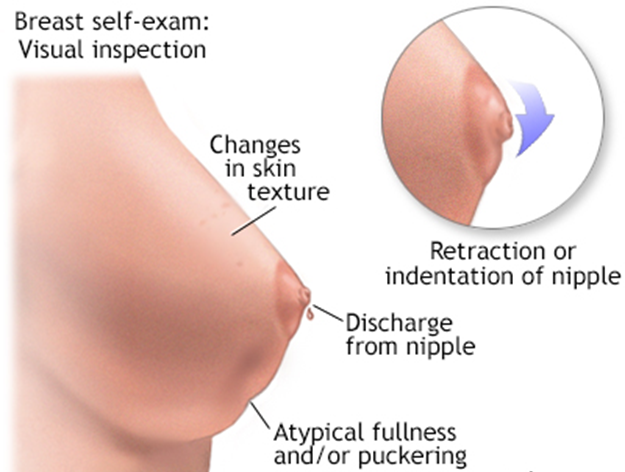A nurse is reinforcing health promotion education at a community health fair. Which of the following statements by attendees indicates understanding of the teaching?
"I do my testicular self-exam every 6 months without fail."
"The flu shot I received last year will last me for 2 years."
"I will examine my breasts a week after each menstrual period."
"I should get a hepatitis B vaccine on a yearly basis."
The Correct Answer is C
Choice A reason: Doing testicular self-exam every 6 months without fail is not an adequate frequency, as it can delay the detection of any changes or abnormalities in the testes that may indicate cancer or other conditions. Men should perform testicular self-exam monthly, preferably after a warm bath or shower.
Choice B reason: The flu shot received last year will not last for 2 years, as it only provides protection against specific strains of influenza virus that may change from year to year. People should get a flu shot annually, preferably before the flu season starts.
Choice C reason: Examining breasts a week after each menstrual period is an optimal time, as breasts are less likely to be swollen, tender, or lumpy due to hormonal fluctuations. Women should perform breast self-exam monthly, preferably at the same time each month.

Choice D reason: Getting a hepatitis B vaccine on a yearly basis is not necessary, as it only requires three doses at 0, 1, and 6 months to provide lifelong immunity against hepatitis B virus infection. People who are at high risk of exposure to hepatitis B virus should get tested for antibodies before receiving the vaccine series.
Nursing Test Bank
Naxlex Comprehensive Predictor Exams
Related Questions
Correct Answer is D
Explanation
Choice A: This is incorrect. The client having difficulty reading large print indicates a need for an ophthalmology referral, not an occupational therapy referral. An ophthalmologist can assess and treat vision problems caused by stroke.
Choice B: This is incorrect. The client coughing while drinking from a straw indicates a need for a speech therapy referral, not an occupational therapy referral. A speech therapist can assess and treat swallowing problems caused by stroke.
Choice C: This is incorrect. The client being unable to bear her full weight while walking indicates a need for a physical therapy referral, not an occupational therapy referral. A physical therapist can assess and treat mobility problems caused by stroke.
Choice D: This is correct. The client becoming exhausted after performing activities of daily living indicates a need for an occupational therapy referral. An occupational therapist can assess and treat functional problems caused by stroke, such as fatigue, self-care, cognition, and leisure activities.
Correct Answer is A
Explanation
Choice A reason: Applying a motion sensor mat to the client's bed is an appropriate action to prevent wandering and alert the staff if the client tries to get out of bed.
Choice B reason: Moving the overbed table away from the bed is not an effective action to prevent wandering, as it does not restrict the client's mobility or provide any supervision.
Choice C reason: Raising all four side rails while the client is in bed is an inappropriate action that can increase the risk of injury or entrapment if the client attempts to climb over them.
Choice D reason: Leaving the television on in the client's room is not an effective action to prevent wandering, as it does not provide any stimulation or distraction for the client.
Whether you are a student looking to ace your exams or a practicing nurse seeking to enhance your expertise , our nursing education contents will empower you with the confidence and competence to make a difference in the lives of patients and become a respected leader in the healthcare field.
Visit Naxlex, invest in your future and unlock endless possibilities with our unparalleled nursing education contents today
Report Wrong Answer on the Current Question
Do you disagree with the answer? If yes, what is your expected answer? Explain.
Kindly be descriptive with the issue you are facing.
